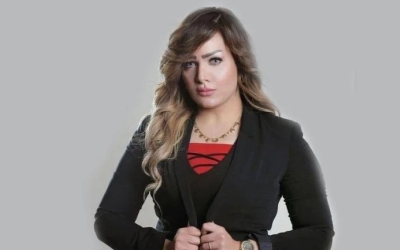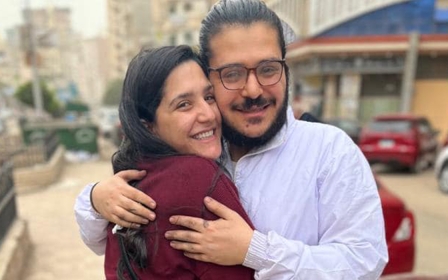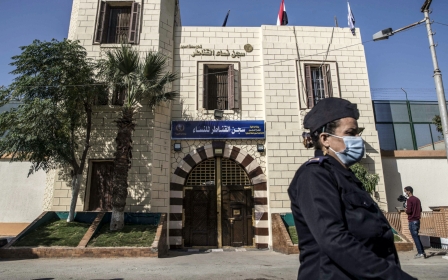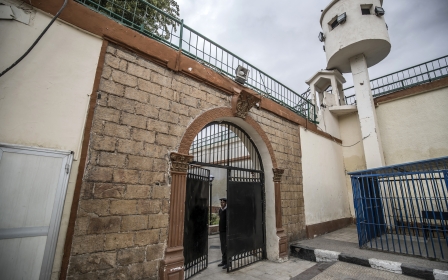Egyptian researcher sentenced to three years in prison for publishing 'false news'
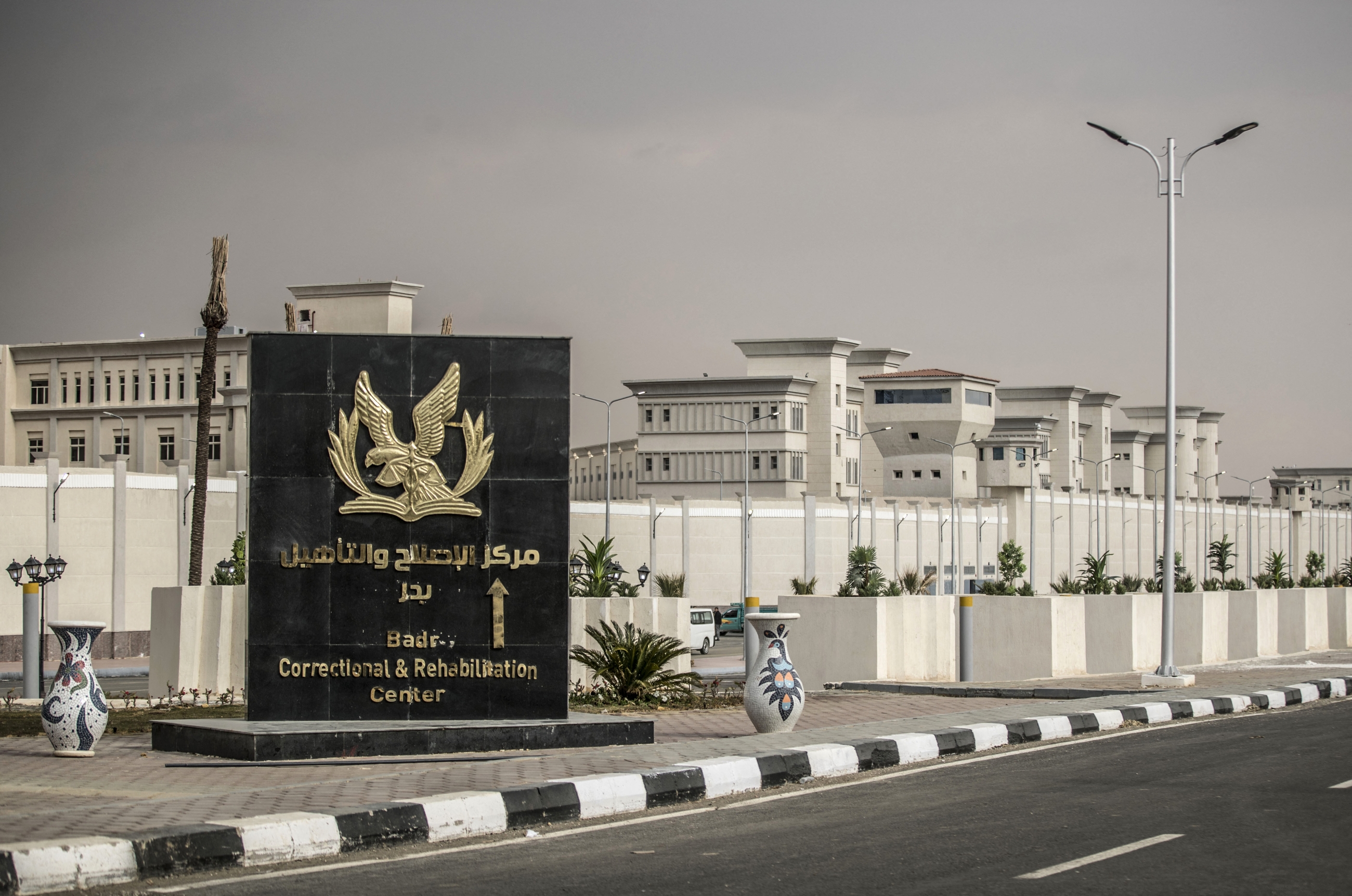
Egyptian activist and researcher Ahmed Samir Santawy was sentenced on Monday to serve three years in prison on charges of publishing “false news".
Santawy was initially sentenced to four years in prison on the same charge last month. Monday’s verdict by the emergency state security court concludes Santawy's retrial, which cannot be appealed.
Santawy, a master's student in anthropology at the Central European University in Vienna (CEU), was arbitrarily arrested for his academic work on women's rights during a visit to Egypt in February 2021.
According to Amnesty International, he was “beaten and questioned” by the Egyptian authorities for five days and interrogated for terrorism-related accusations.
In May 2021, he was referred to trial over the charge of “publishing false news to undermine the state, its national interests and public order and spread panic among the people”.
Santawy is among scores of Egyptians who have been arrested since 2013. According to the Arabic Network for Human Rights Information, the total number of prisoners in Egypt in March 2021 was 120,000, with an estimated 65,000 political prisoners - at least 26,000 of whom were being held in pre-trial detention.
Human rights activist Patrick Zaki was freed in December. The 28-year-old had been studying at Italy's Bologna University at the time of his arrest. He was taken into custody upon his return to Cairo in February 2020.
Zaki’s arrest drew international condemnation, particularly in Italy. Zaki had been an outspoken campaigner for the truth about the 2016 murder of Italian student Giulio Regeni in Egypt.
Middle East Eye propose une couverture et une analyse indépendantes et incomparables du Moyen-Orient, de l’Afrique du Nord et d’autres régions du monde. Pour en savoir plus sur la reprise de ce contenu et les frais qui s’appliquent, veuillez remplir ce formulaire [en anglais]. Pour en savoir plus sur MEE, cliquez ici [en anglais].


